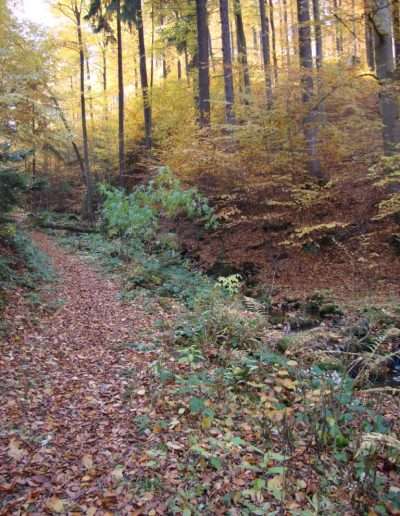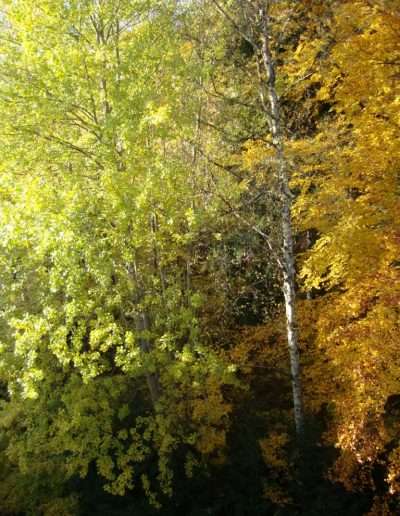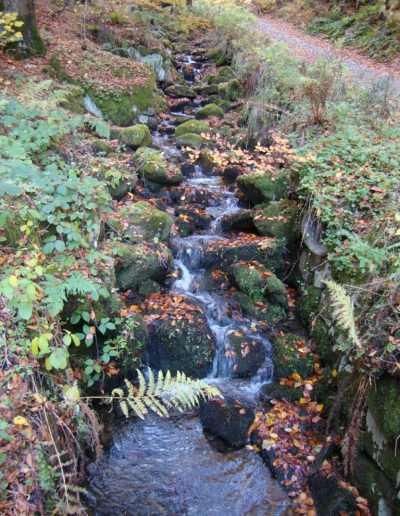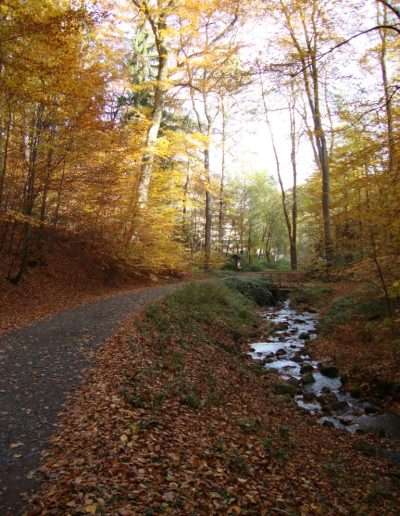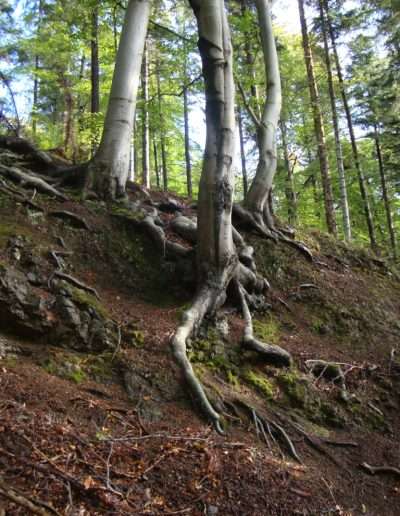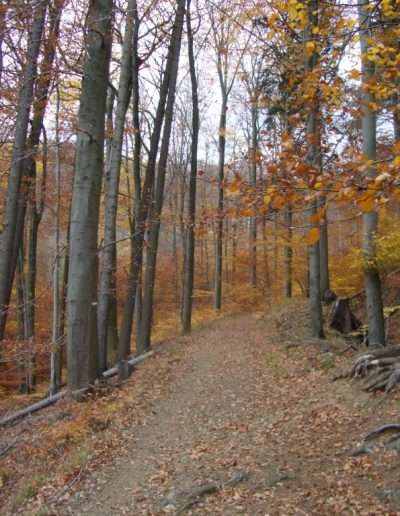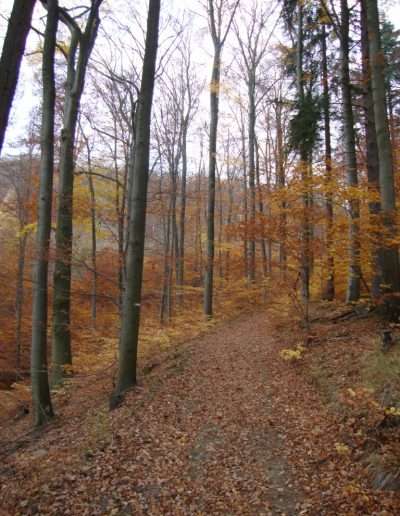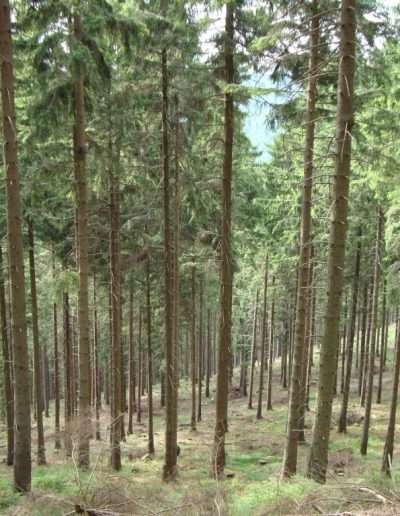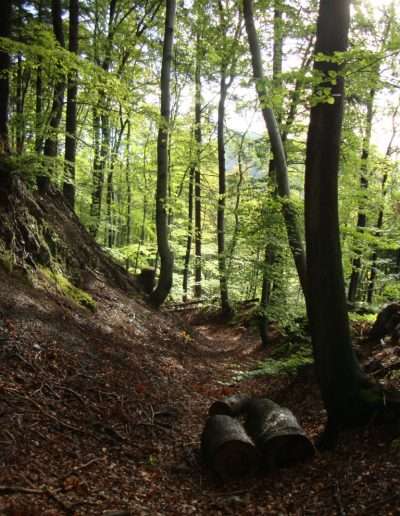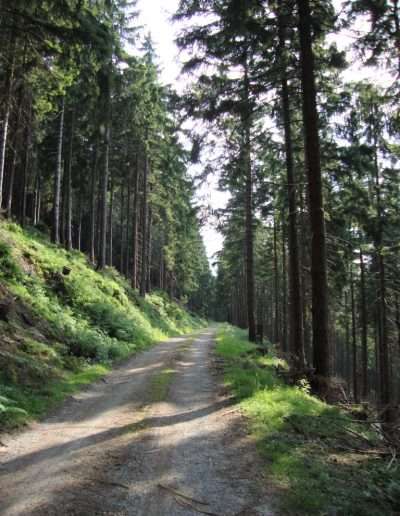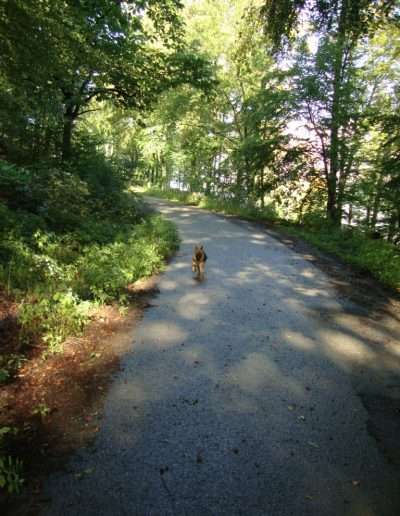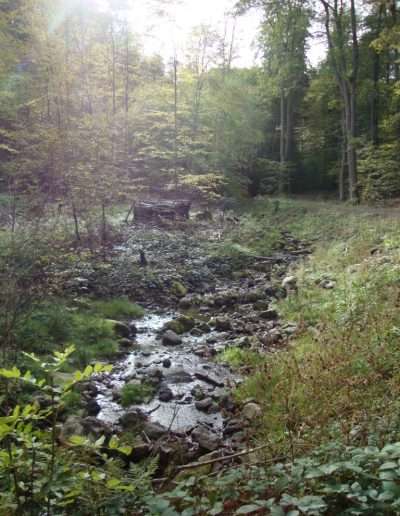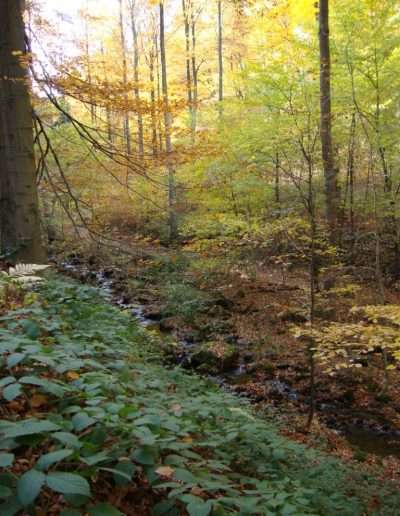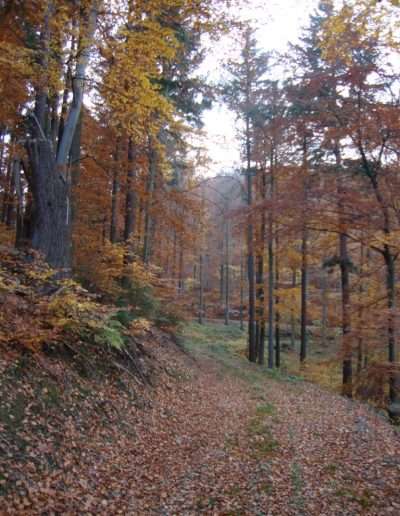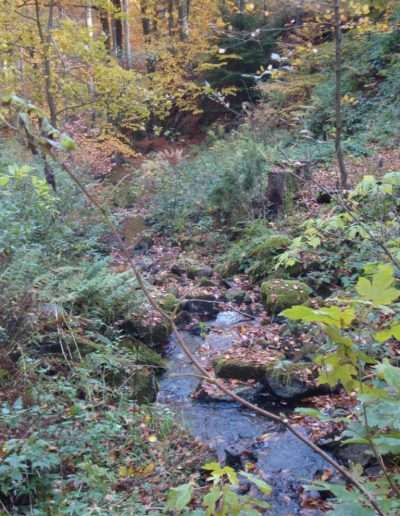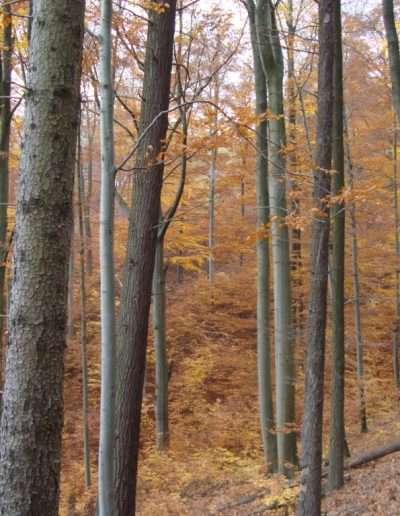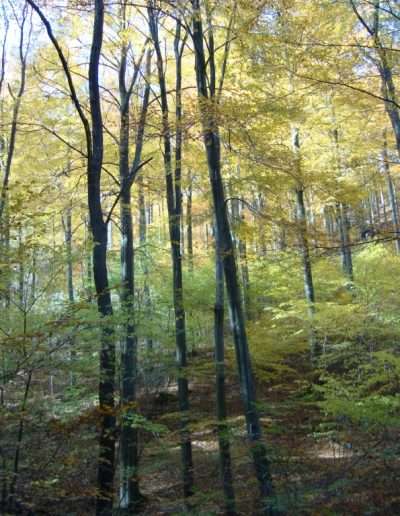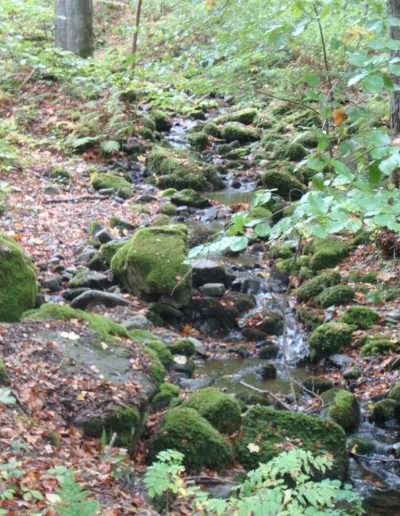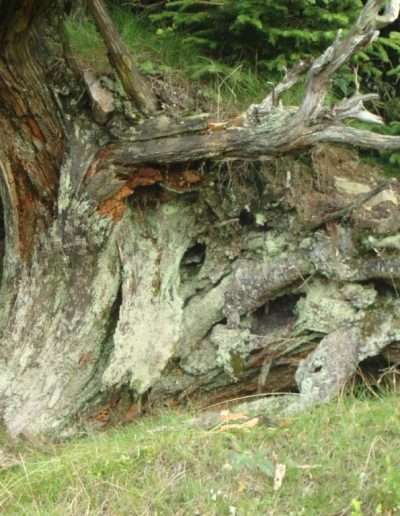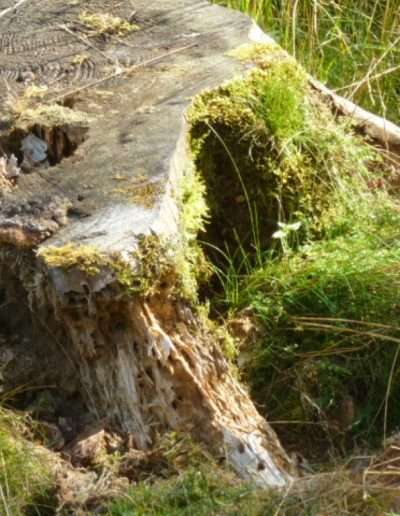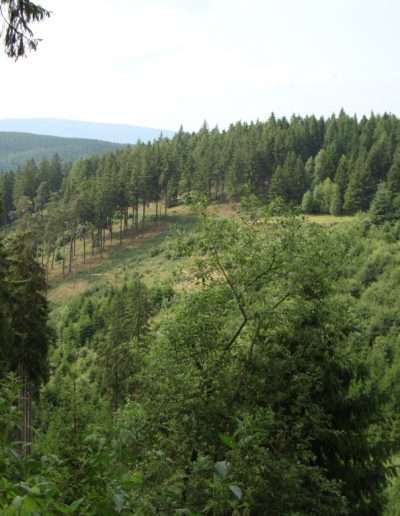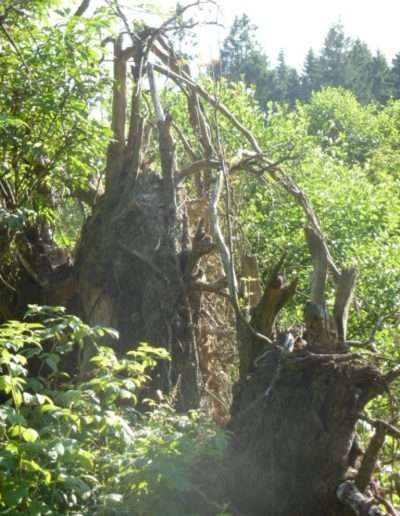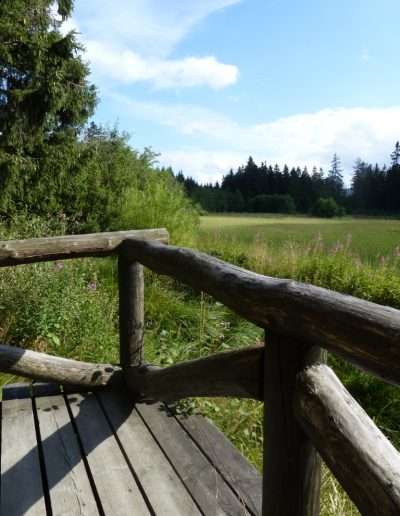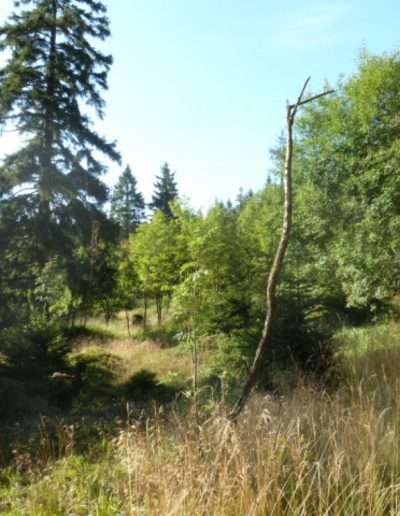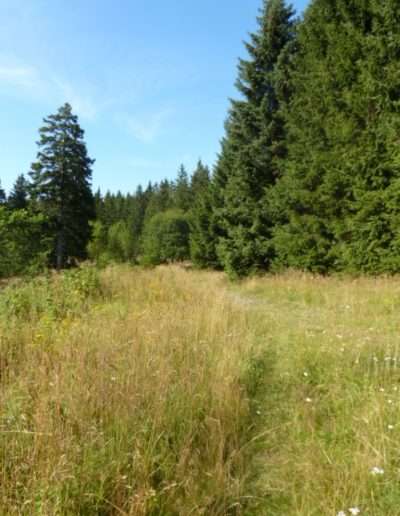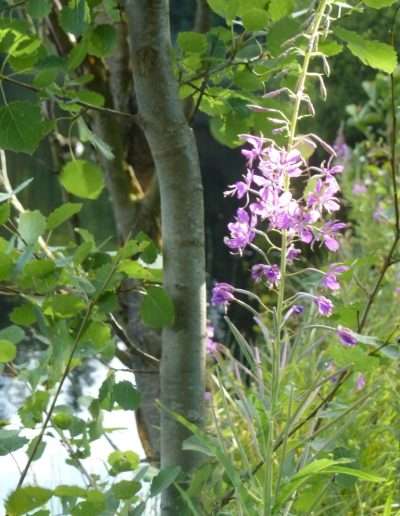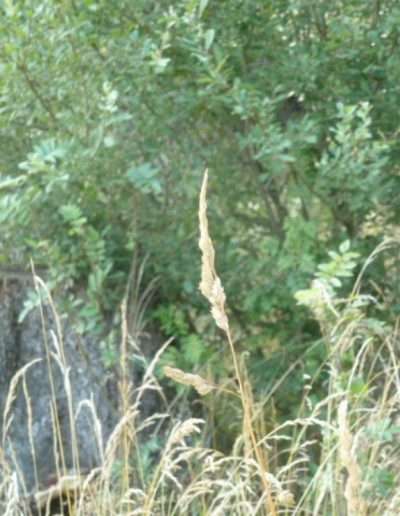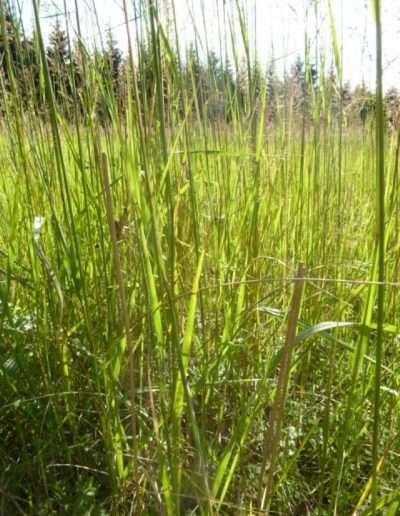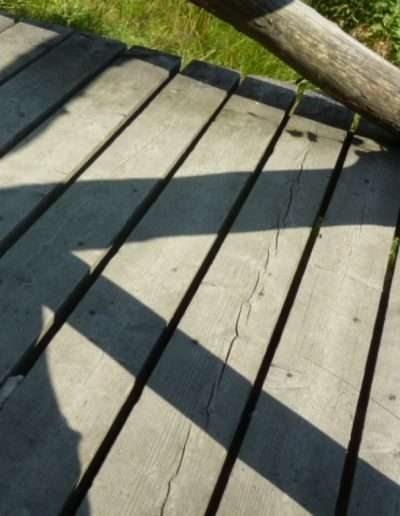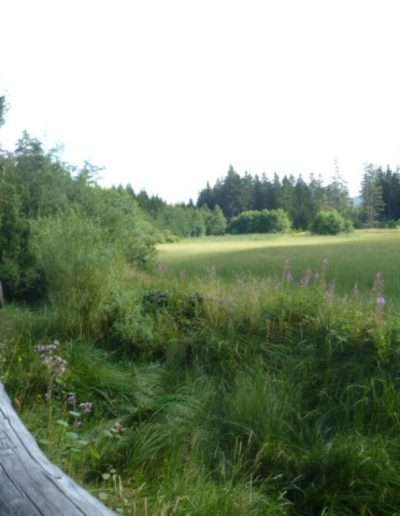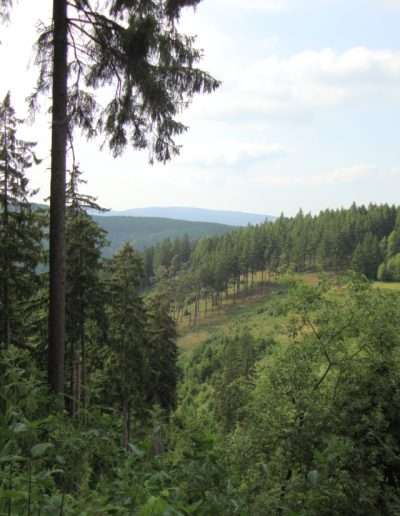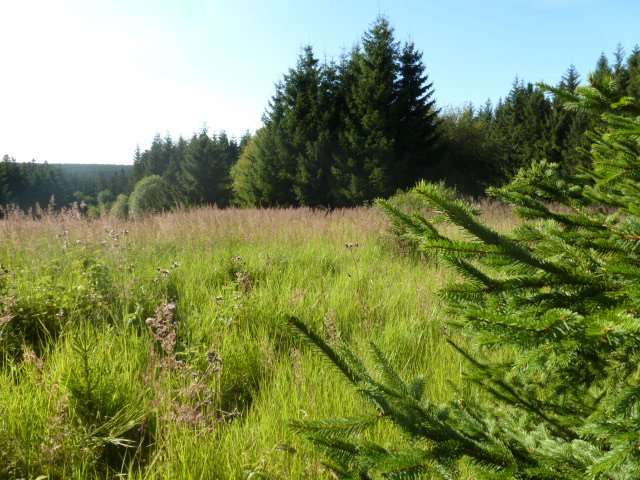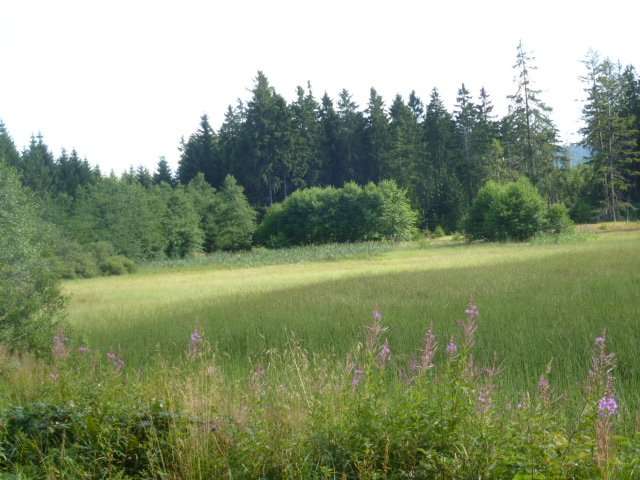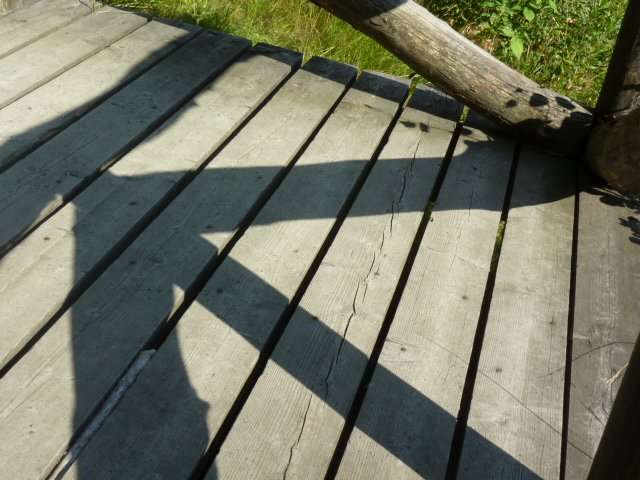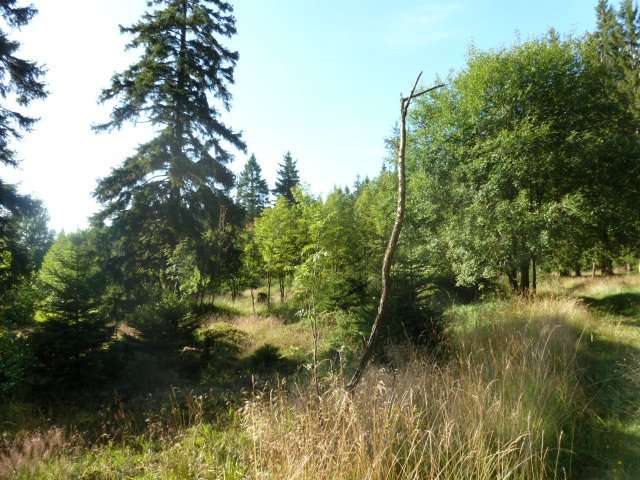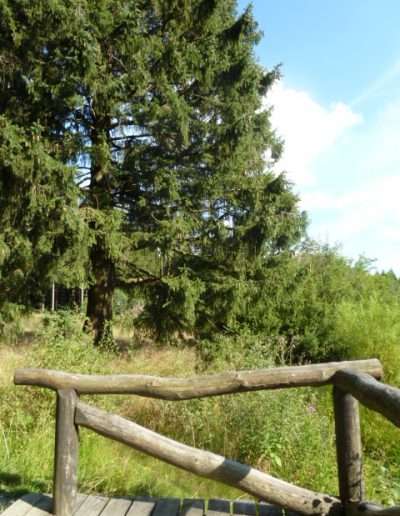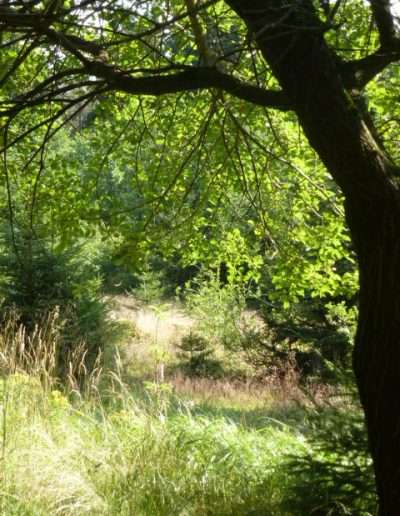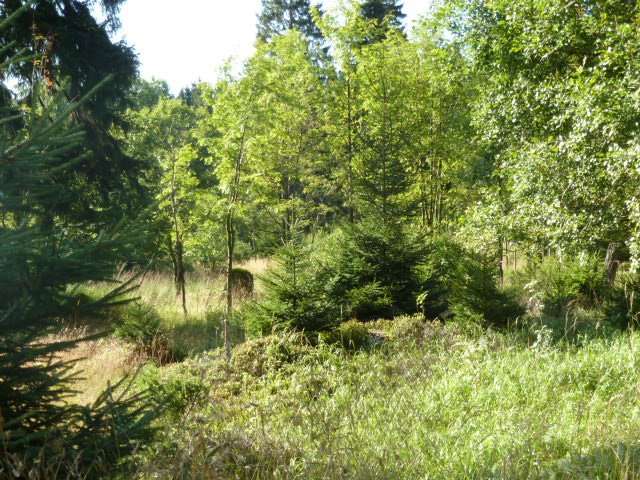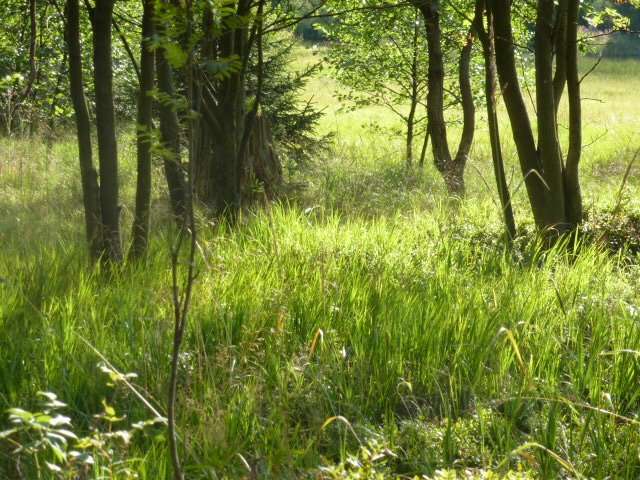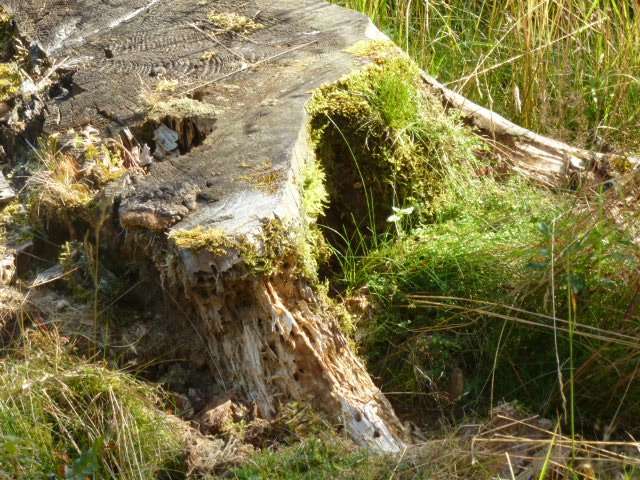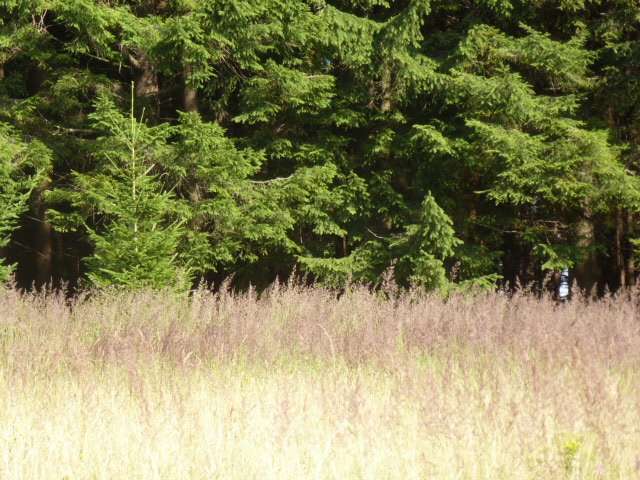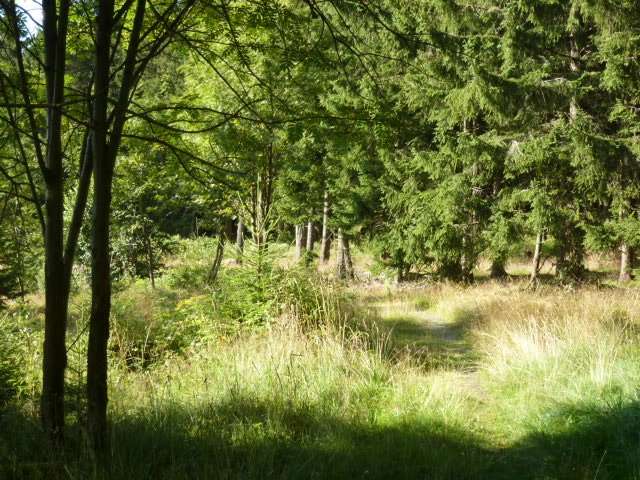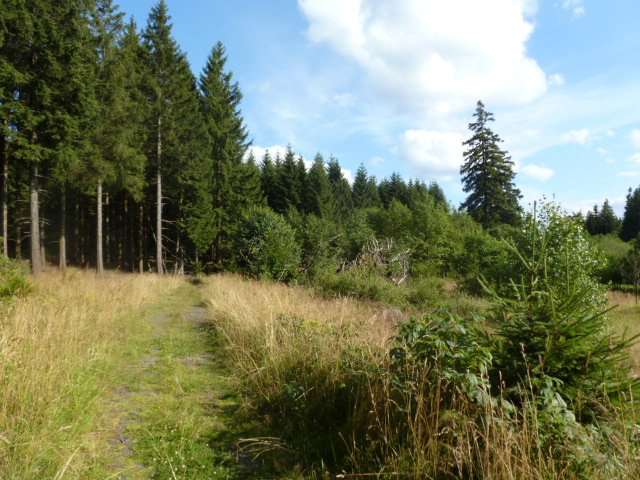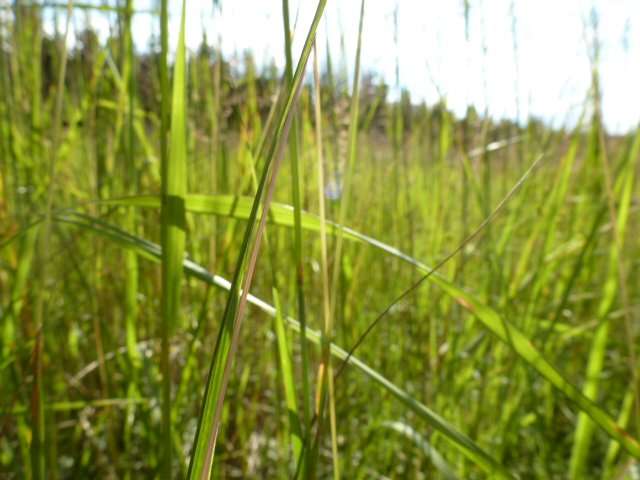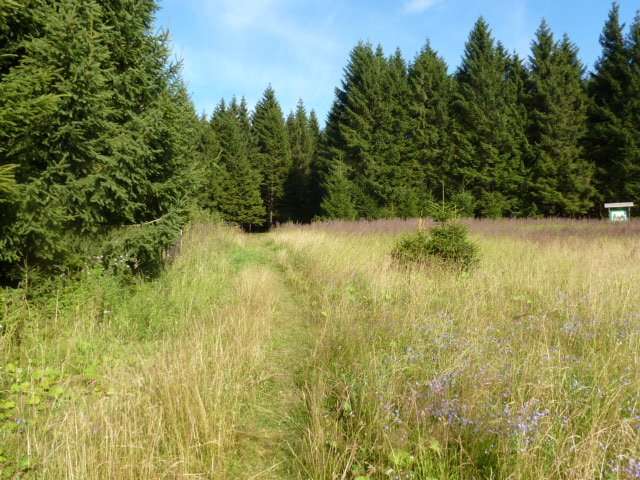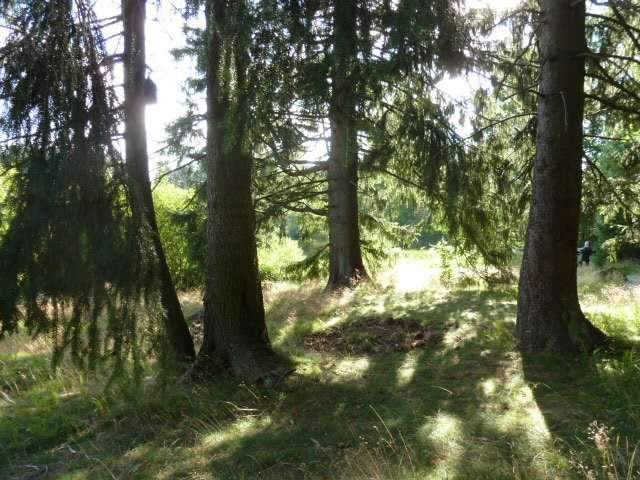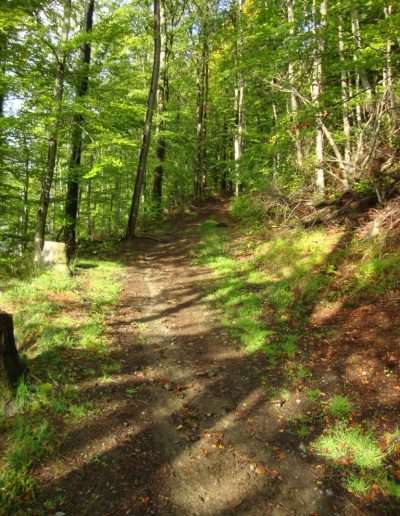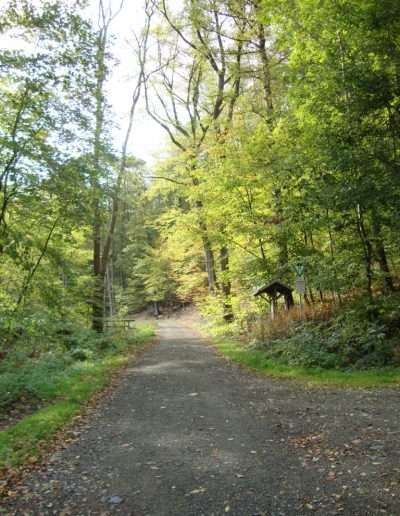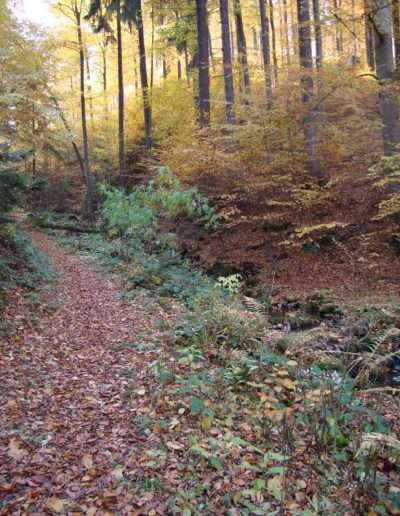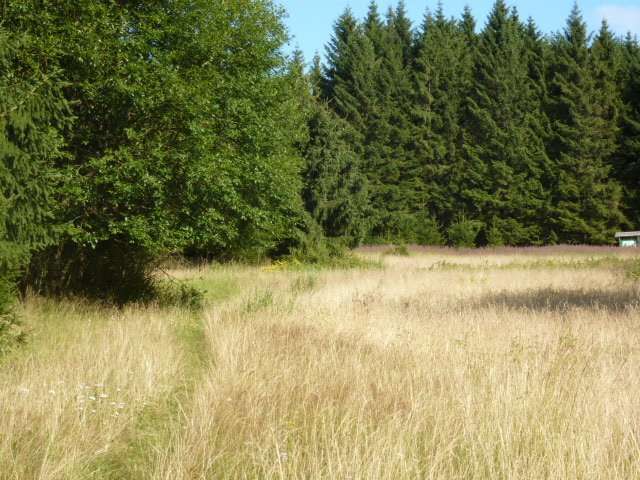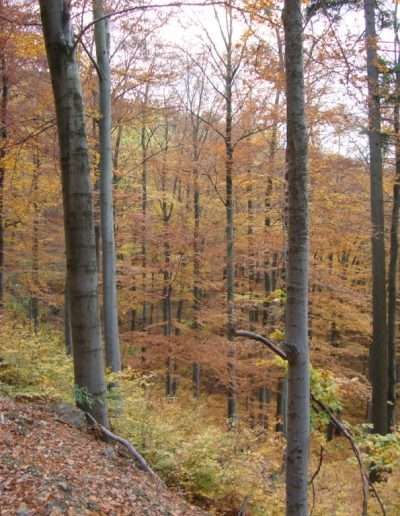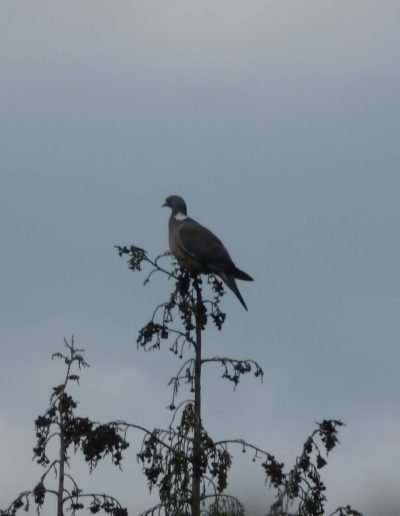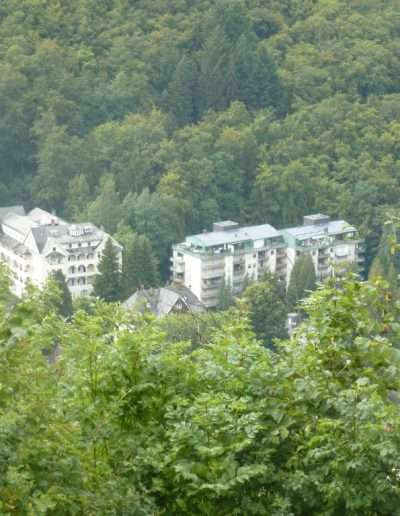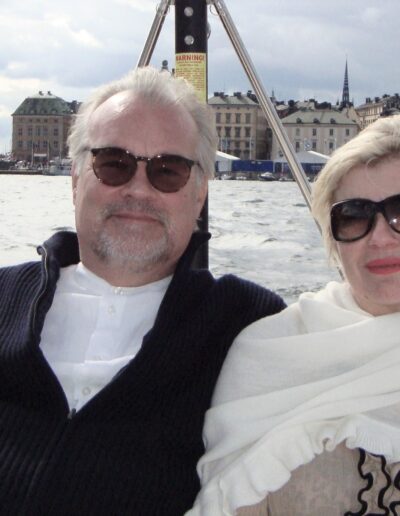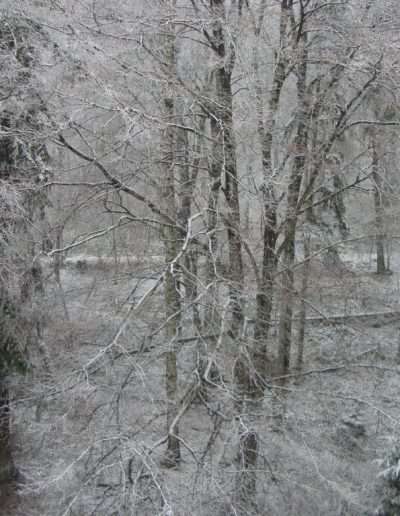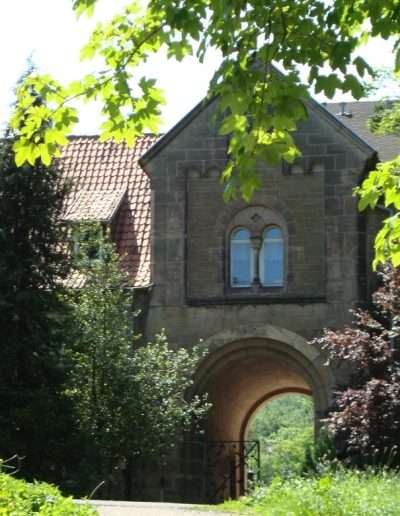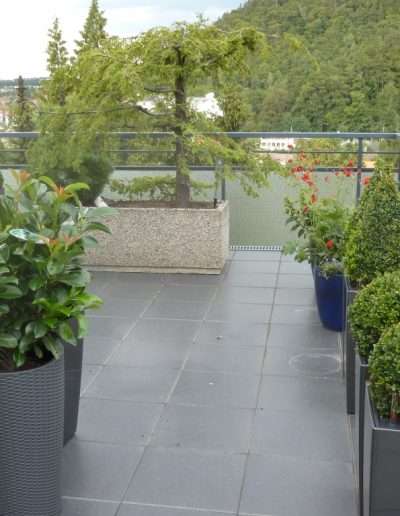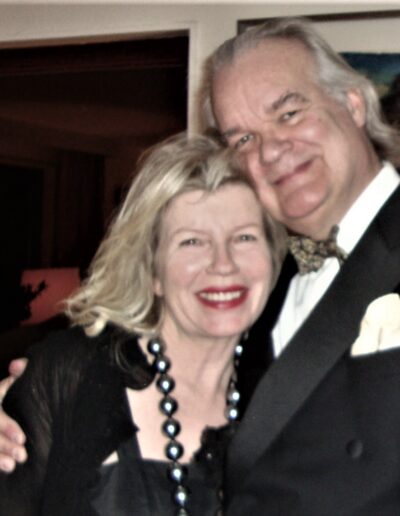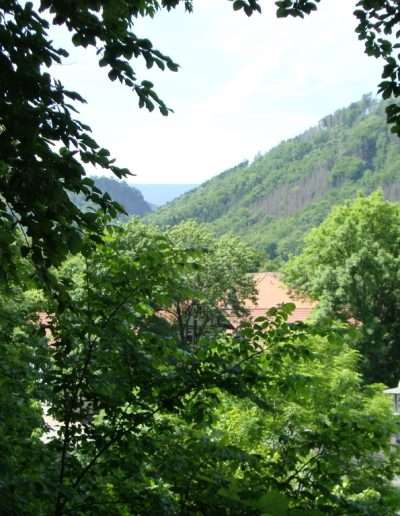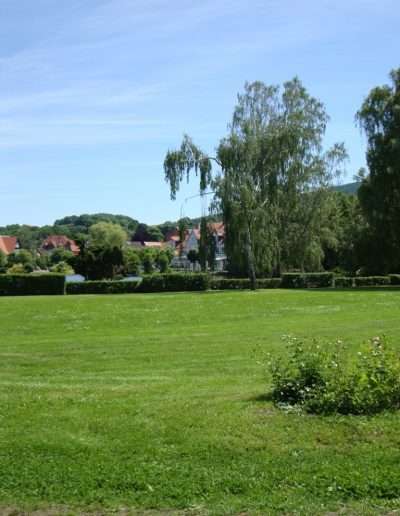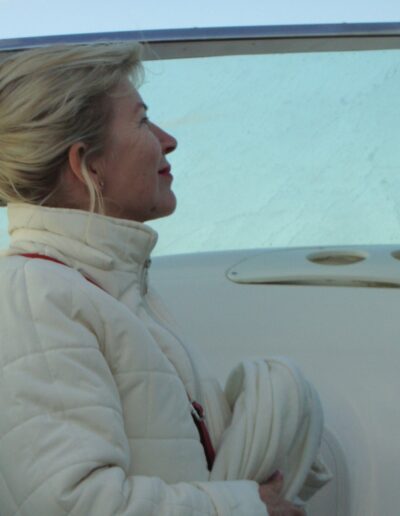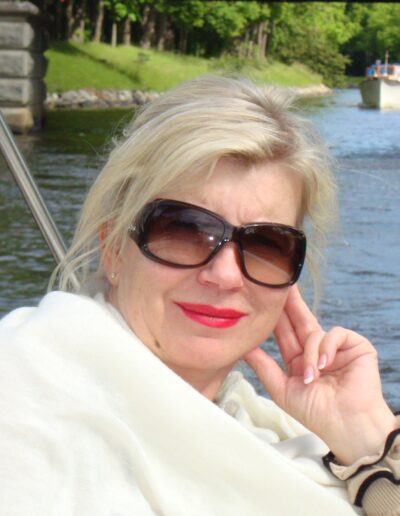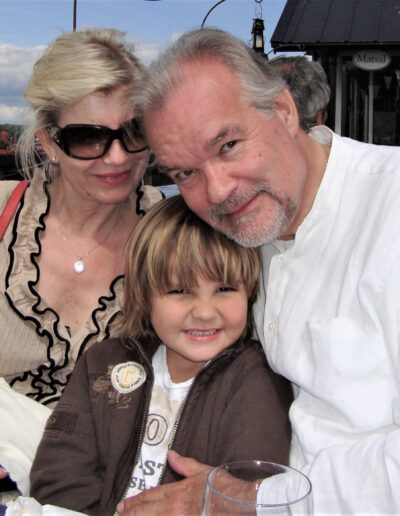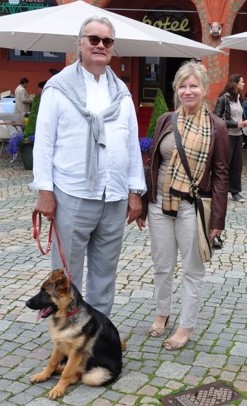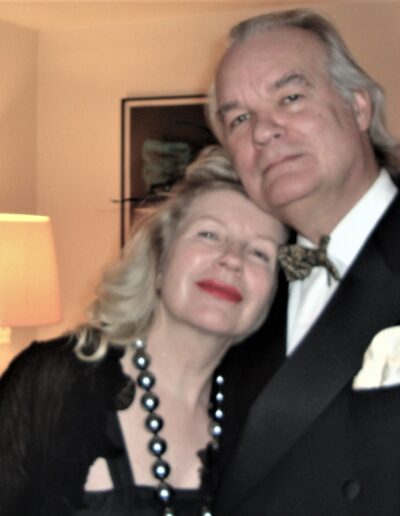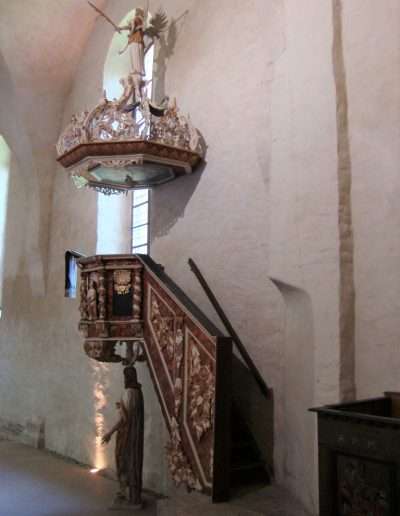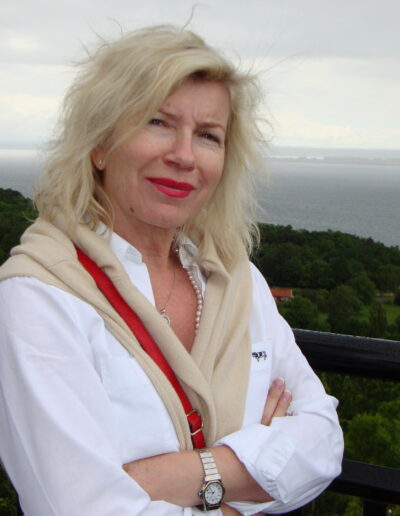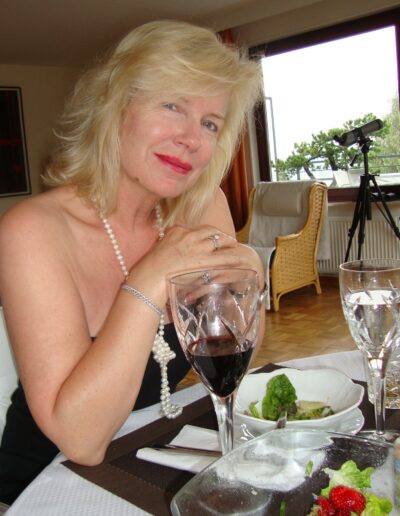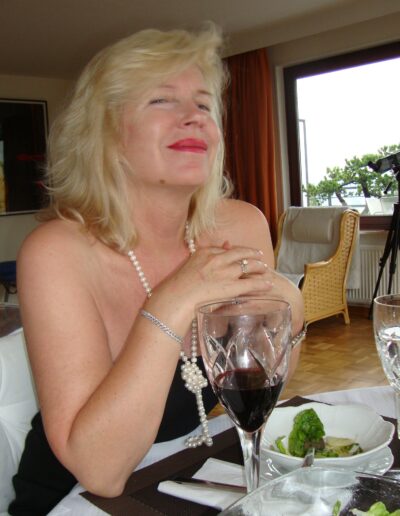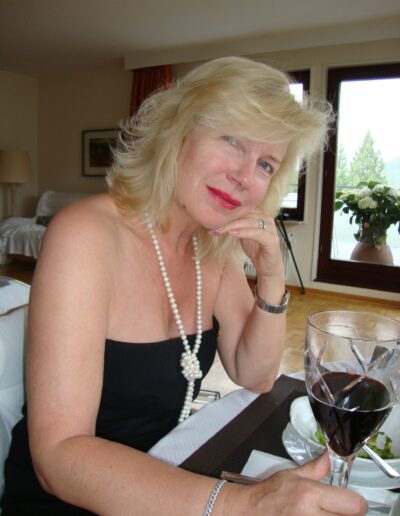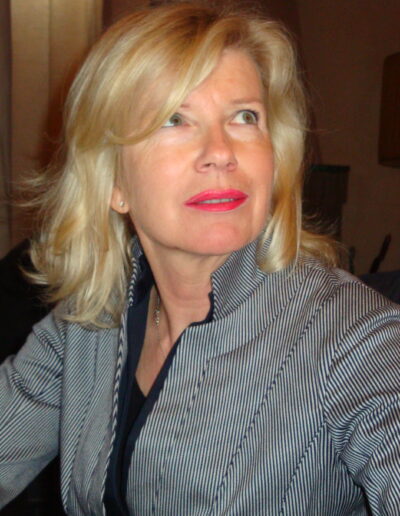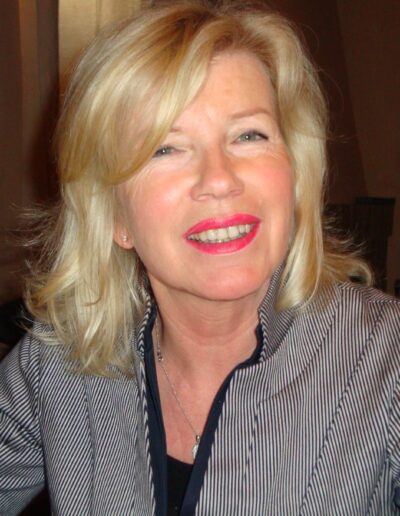She Flicked Her Head
Meeting by accident
On a Sunday winter’s night
She, from the capital of Poland,
In the prime of her life
I, from a place, halfway to heaven
Above Monte Carlo, lost,
Looking for my soul – what was left
Joined together of the eyes,
A glass of Malt to the sound of Jazz
With a mind full of desires
She flicked her head
Round the crowded room,
Looking me in the eye
And then it all started
Mio Hanka
The cold January Warsaw night
Locked out by the heat from happy dancing bodies
Enjoying life and all that Jazz
The blond nymph shined with stars in her eyes
A large cigar and whisky in her white hands
A big smile with a mouth longing to be kissed
With a body to be loved and loved in Warsaw,
Nice, St. Maxim, Siena, Menton, Lugarno, Bordighera,
Frankfurt, Carrera, Marina di Groossette, Florence,
Stockholm, Skanor, Aalborg, Silkeborg, St. Tropez, Zurich,
Braunschweig, Bad Harzburg and so many placed,
Everywhere, anywhere and at any time
Creating special Moments in time and space
Of happiness and passion
Harz
Harz Mountains National Park is a nature reserve in central Germany that is almost entirely covered by spruce and beech forests. The Harz provides spectacular hiking, wildlife watching, winter sports, spas, and unique historical sites such as the Brocken – the setting for a memorable scene in Gothe’s Faust. The park is also home to wildlife such as dipper, black stork, peregrine falcon, European wildcat, and Eurasian lynx. Lynx died out in the Harz in 1818 but were reintroduced in 1999 and have repopulated the forest. Since the reintroduction, Bad Harzburg has branded itself as the ‘kingdom of lynx’ on the park’s southern edge.
We lived in Bad Harzburg for many years in a penthouse right out to the natural forest. Hanna, Lady Rose and I were walking every day in the forest of all seasons, with no people around. Our Lady Rose grew up there with all the animals around, lots of beautiful birds, lynx, wildcats, wild boars and red deers. Hanna and I liked a couple of blackbirds coming every day on our terrasse singing beautifully to our breakfast.
In addition, we saw many squirrels and raccoons, also known as “the masked bandit,” which is some of the most commonly seen mammals around, to our surprise, as I have always associated them with North America. We daily saw them all around; apparently, 36 escaped from Berlin Zoo during the war, and there is now more than a million around in Germany. According to the headline in Der Spiegel, Germany is being invaded by what is estimated to be over a million raccoons. Worried residents have been driven to take extreme measures to deter or eradicate the furry pests, but experts fear the nocturnal marauders are here to stay. These predatory mammals originally from North America can weigh over 10 kilograms (22 pounds). They’re known for their intelligence, and many Native American legends assign raccoons the trickster role. We observed many, and they stayed clear of our Lady Rose when we walked at night.
The black and white furry creatures were first spotted skulking around German cities such as Hamburg, Munich and Berlin in the 1960s. But since the 1980s, thousands of raccoons have forsaken their natural woodland and riverside habitat and have moved into the suburbs – and into other people’s homes. They’re shy animals and won’t attack as a rule; of course, they’ll bite if you try and catch them, but so would most animals; however, when cornered, they would not try to go for Rosy; we quite liked them.
In the night, we had so many sound comings from the forest, also early morning and saw many times the peregrine falcon and the big boreal owl, with the blackbird singing out and the black woodpecker always around when we were walking.
Sadly recently, the Harz National Park has suffered from bark beetle outbreaks and acid rain and other environmental problems. The bark beetle is on the rise here due to climate change and global warming. Still, many parts of the forest are not with any damage.
We lived close to Brocken, sometimes referred to as the Blocksberg, the highest peak of the Harz mountain range and the highest peak of Northern Germany, 1,141 metres.
When I was small in Denmark, we sent all the witches to Blockberg when burning our mid-summer fires along the coast of Denmark. So I knew Blockberg from childhood. The Brocken has always played a role in legends and has been connected with witches and devils; Johann Wolfgang von Goethe took up the legends in his play Faust. So we moved around with all the witches there; when looking around in nearby Goslar, you see many witches.
With its old town, Goslar was an important place, possibly because of silver and copper ore deposits around the area. The Saxon and Salic emperors establish their largest and most secure palatinate here in the 11th century. For centuries it was the favoured seat of government in northern Germany and at the same time a centre of Christianity.
Otto von Bismarck
Just next to us on the mountain, there is a large memorial as to the unification of Germany, honouring Bismarck. A 19 m high Canossa Column, erected in 1877 during the German Kulturkampf conflict in honour of Chancellor Otto von Bismarck on the 800th anniversary of King Henry’s Walk to Canossa.
Before the 1860s, Germany consisted of many principalities loosely bound together as members of the German Confederation. Bismarck used both diplomacy and the Prussian military to achieve unification, excluding Austria from a unified Germany. This made Prussia the most powerful and dominant component of the new Germany and ensured that it remained an authoritarian state and not a liberal parliamentary democracy.
Bismarck faced a diplomatic crisis when King Frederick VII of Denmark died in November 1863. The succession to the duchies of Schleswig and Holstein was disputed; they were claimed by Christian IX, Frederick VII’s heir as King, and by Frederick von Augustenburg, a Danish duke. Prussian public opinion strongly favoured Augustenburg’s claim, as the populations of Holstein and southern Schleswig were primarily German-speaking. Bismarck took an unpopular step by insisting that the territories legally belonged to the Danish monarch under the London Protocol signed a decade earlier. Nonetheless, Bismarck denounced Christian’s decision to annex Schleswig to Denmark completely. With support from Austria, he issued an ultimatum for Christian IX to return Schleswig to its former status. When Denmark refused, Austria and Prussia invaded, sparking the Second Schleswig War. Denmark was ultimately forced to renounce its claim on both duchies.







